Will My Dog Ever Calm Down?
Whether you’re dealing with a zoomie-prone puppy or an adult dog who never seems to stop, it’s natural to wonder: Will my dog ever calm down? The short answer is yes — but when and how much depends on your dog’s age, breed, and lifestyle. Here’s what to expect and what you can do to support a more peaceful home environment.
Jump to:
- Why Are Some Dogs So Hyper?
- When Do Dogs Start to Calm Down?
- Breeds That Take Longer to Settle
- How to Help Your Dog Calm Down
- FAQs
Why Are Some Dogs So Hyper?

High energy in dogs can stem from a mix of natural temperament, breed traits, age, and environmental factors. Dogs that don’t get enough physical activity or mental stimulation often release excess energy in less-than-desirable ways—barking, chewing, or bouncing off the walls. It's not bad behavior—it's unmet needs.
When Do Dogs Start to Calm Down?
Most dogs begin to settle between 12 and 24 months old. However, this varies based on breed and individual personality. Larger breeds like Golden Retrievers or Labradors often stay puppyish longer, while smaller breeds may mature earlier. Some dogs retain a playful spark for life—but they do tend to become more manageable with age.
Breeds That Take Longer to Settle

Some dog breeds are just wired to be go-go-go. If you have one of the following, expect a longer ride:
- Border Collies
- Australian Shepherds
- Jack Russell Terriers
- Belgian Malinois
- Boxers
- Weimaraners
These breeds were developed for work, and they thrive when given tasks to do. Without them, excess energy often leads to frustration or mischief.
How to Help Your Dog Calm Down

1. Increase Physical Exercise
Under-exercised dogs are more likely to act out. Make sure your dog gets age- and breed-appropriate activity every day—whether that’s long walks, runs, or off-lead play. For working breeds, physical exercise is non-negotiable.
2. Add Mental Enrichment
Mental stimulation is just as important as physical. Try puzzle toys, scent games, trick training, or even short obedience sessions. A mentally tired dog is often a calmer dog.
3. Consistent Routines
Dogs love routine. Knowing when to expect walks, meals, and rest time helps reduce anxiety and excessive energy. Chaos creates chaos—calm breeds calm.
4. Use Calm Reinforcement
Don’t accidentally reward excited behavior with attention. Ignore hyperactivity and praise your dog when they’re calm and composed. You’ll reinforce the behaviours you want more of.
5. Consider Professional Help
If your dog’s energy feels unmanageable or unsafe, a professional trainer or behaviorist can help tailor a plan for your dog’s needs. Sometimes what looks like hyperactivity is actually anxiety or poor impulse control—and that’s something that can be trained.
FAQs
What age are dogs most hyper?
Most dogs are at their most energetic between 6 months and 2 years of age, especially after puberty but before full mental maturity sets in.
Is it normal for my dog to be calm one day and crazy the next?
Yes. Changes in routine, overstimulation, or even diet can cause fluctuations in energy. Puppies especially tend to have bursts of energy followed by big naps.
Will neutering calm my dog down?
Neutering can slightly reduce hormone-driven behaviors, but it’s not a guaranteed fix for hyperactivity. Exercise, training, and structure are still key.
Can diet affect my dog’s energy levels?
Absolutely. Poor-quality food, high sugar content, or food intolerances can all contribute to restlessness or erratic behavior. Stick to high-quality, balanced diets.
Is there such a thing as too much exercise?
Yes. Over-exercising can lead to exhaustion or injury, especially in puppies with growing joints. Balance physical activity with proper rest.
Do some dogs never calm down?
Some dogs, especially high-drive working breeds, stay energetic throughout life. But “calming down” doesn’t mean lazy—it means being able to settle when needed, and that can absolutely be taught.


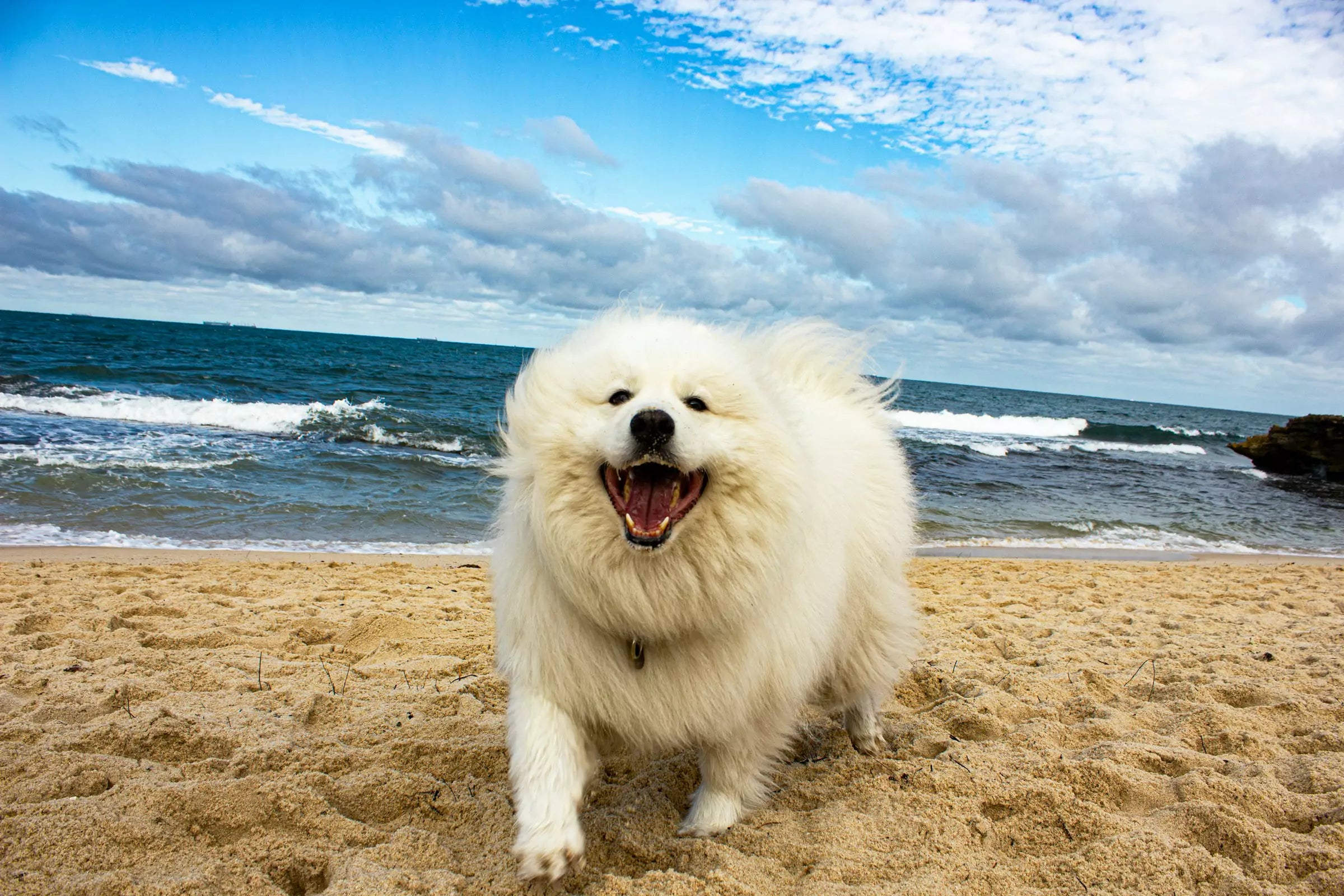
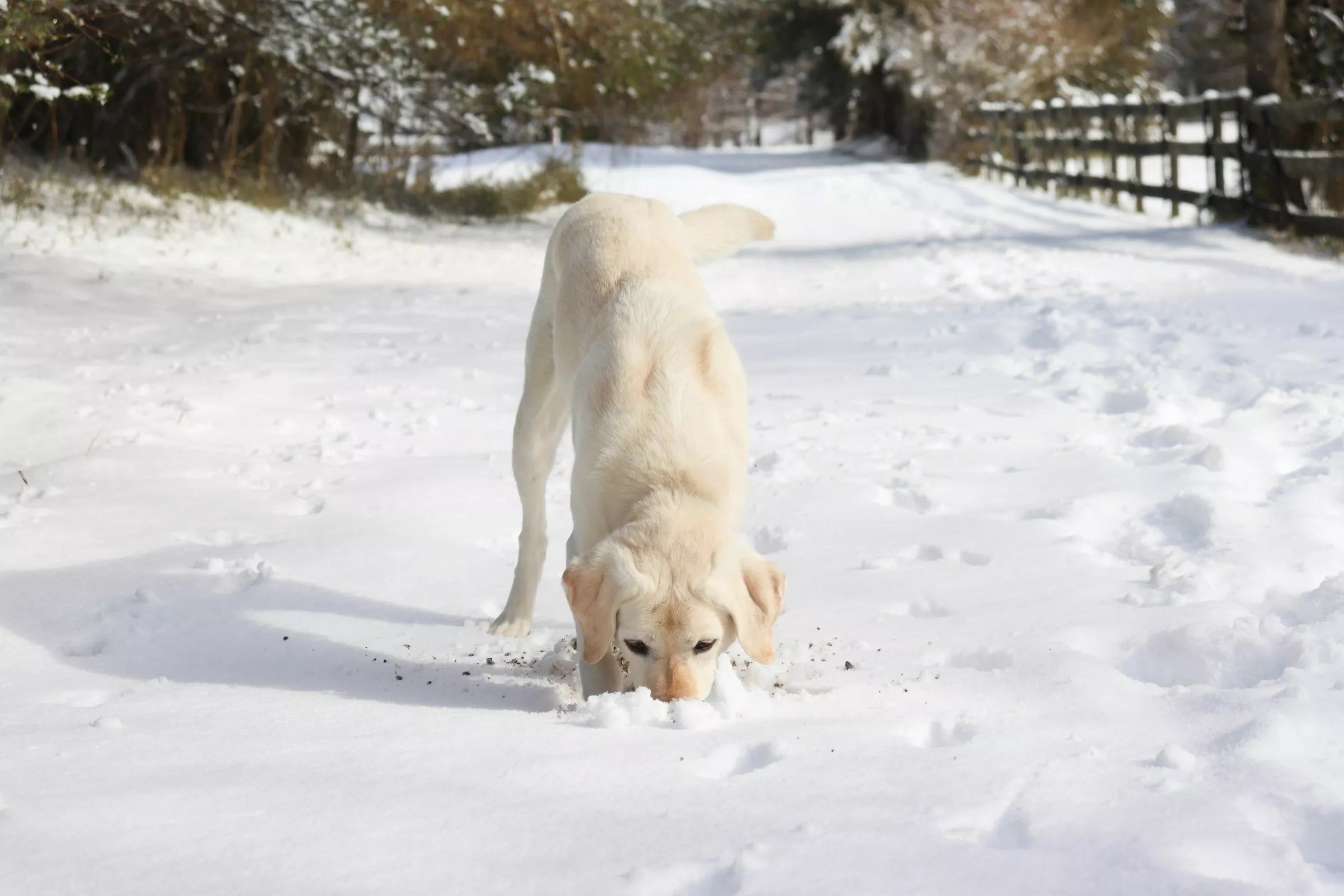

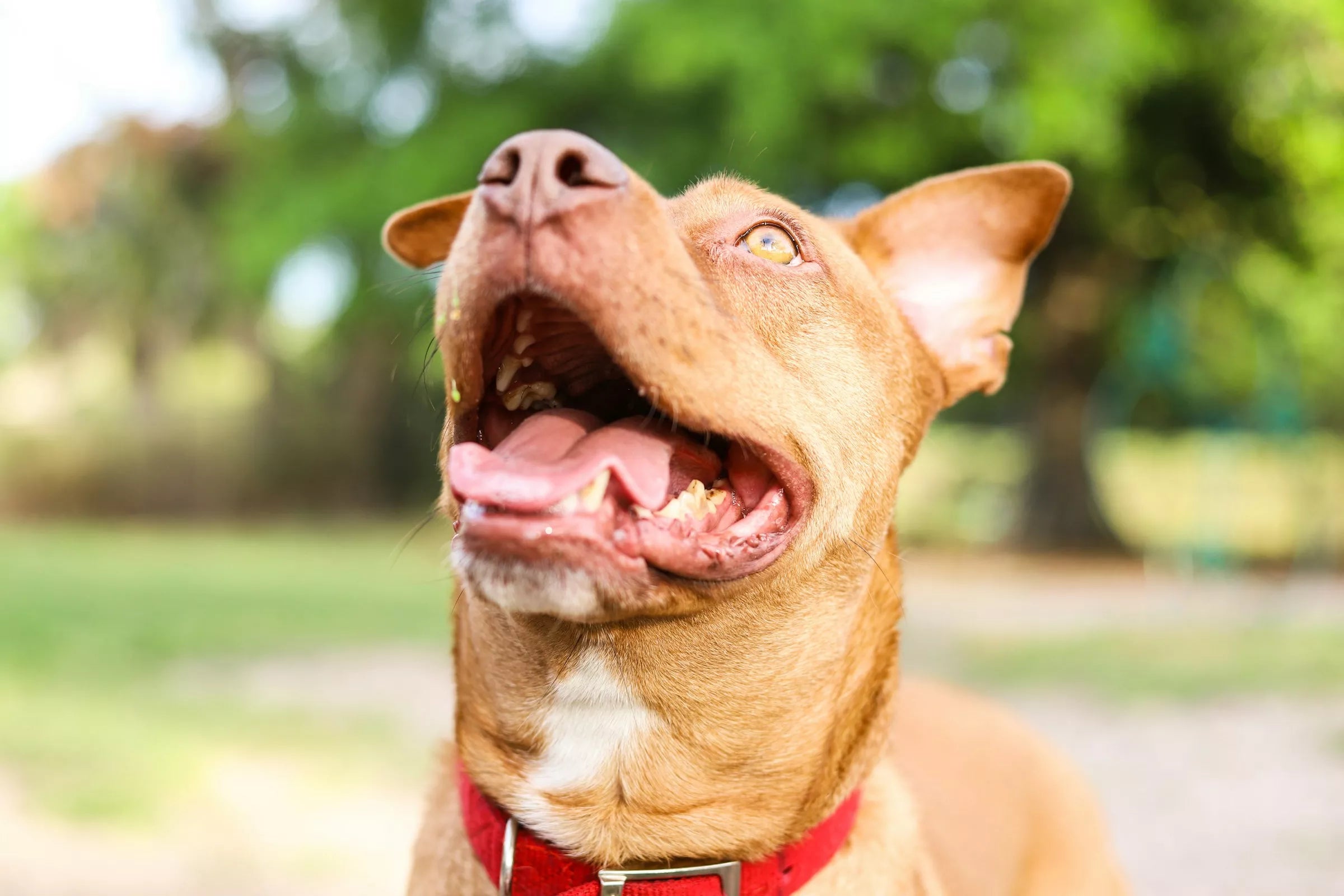

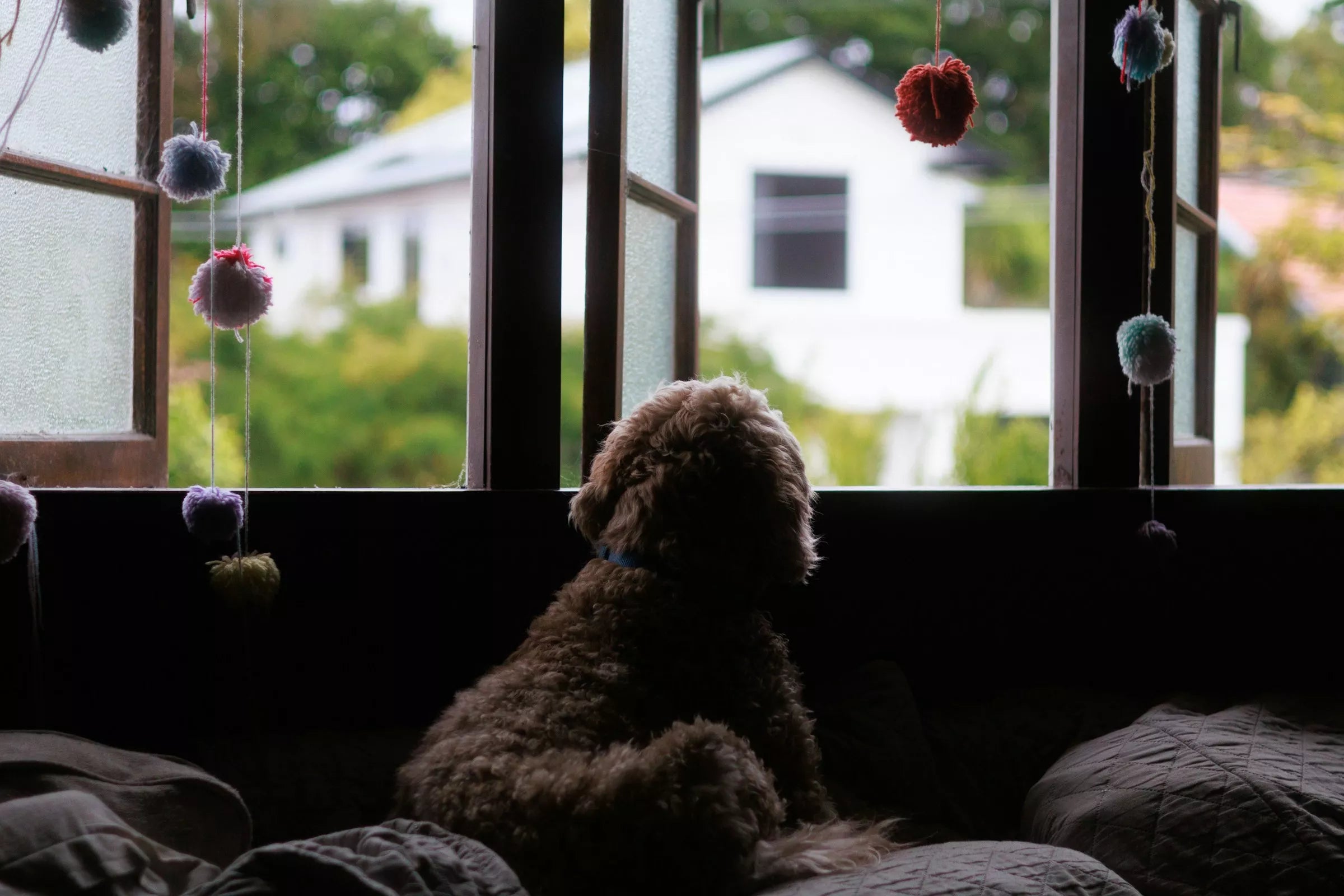
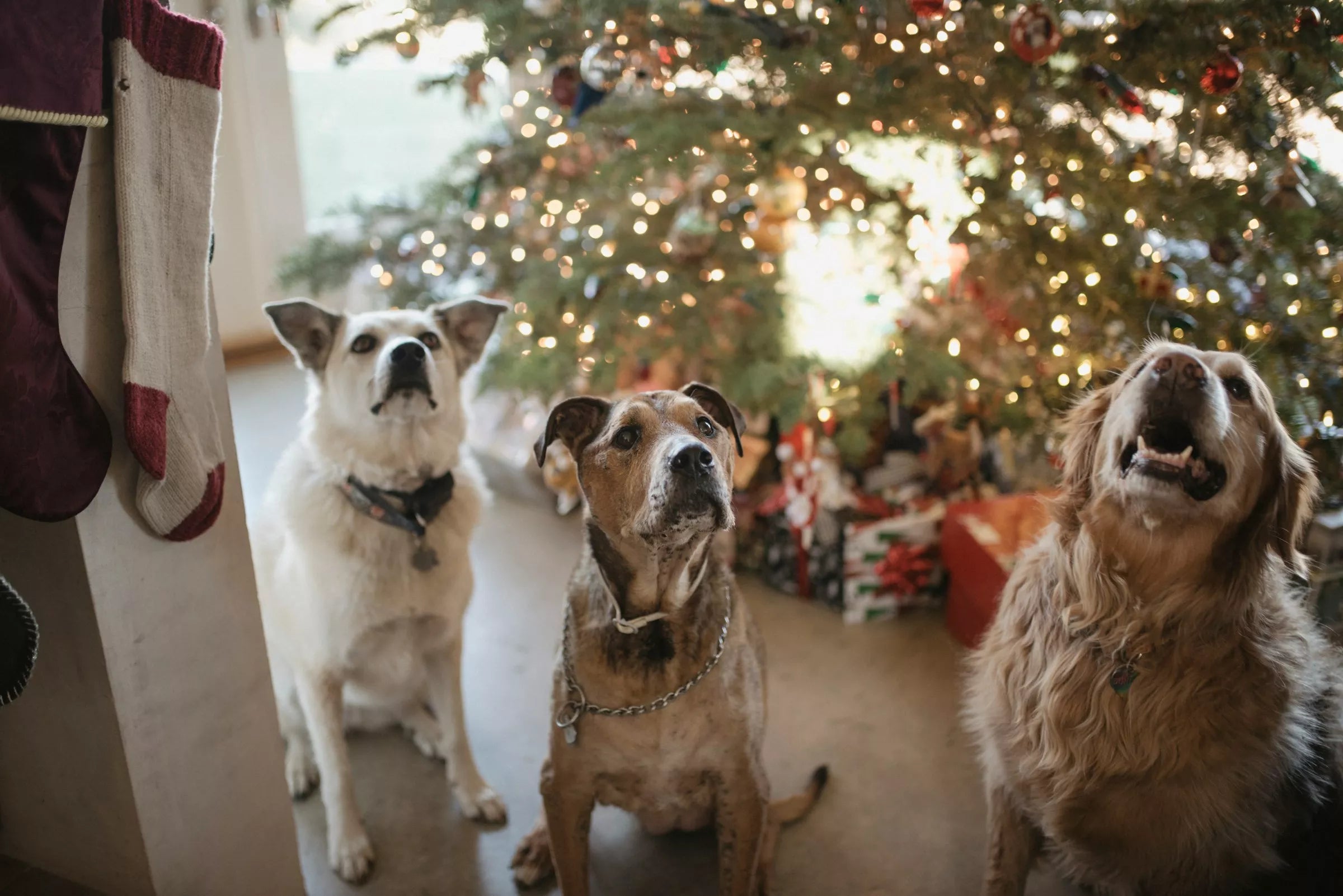






Share:
How to Get a Dog Passport (UK)
How to Stop Your Dog Peeing in the House